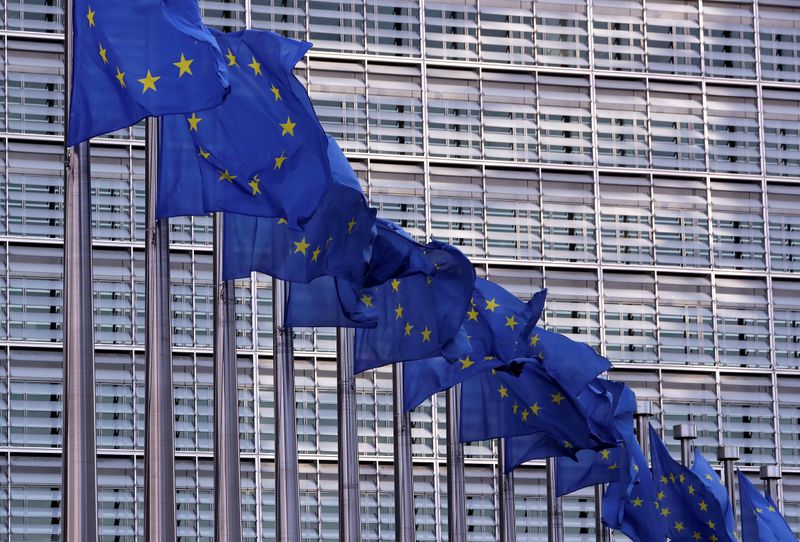
In an action plan sent to the EU’s 27 governments, the Commission, the EU executive, said the Union needed a system to tackle money laundering and financial crime with an EU-level supervisor.
“An integrated system should be put in place,” said the document made public on Thursday. The Commission said however that it must first conduct an assessment of the possible impact of such a scheme.
Any EU-level supervision could be run out of the European Banking Authority or done by “a new, dedicated body”, the Commission said.
One influential EU lawmaker said it should be a new agency not part of the European Banking Authority.
“To fight money laundering in the financial system effectively, competences must be streamlined in a stand-alone EU anti-money laundering body,” said Markus Ferber, a German centre-right lawmaker who leads on financial matters for the largest political grouping in the European Parliament, the European People’s Party.
“This is the kind of problem that warrants a dedicated EU agency to tackle it,” he said.
As reported by Reuters on Tuesday, the Commission also published a new list of countries where it says more needs to be done to curb money-laundering.
The revised list is set to take effect from October. Companies in any of the listed states are banned from receiving new EU funding.
The Commission added the Bahamas, Barbados, Botswana, Cambodia, Ghana, Jamaica, Mauritius, Mongolia, Myanmar, Nicaragua, Panama and Zimbabwe.
Countries already on the list are Afghanistan, Iraq, Vanuatu, Pakistan, Syria, Yemen, Uganda, Trinidad and Tobago, Iran and North Korea.
All except North Korea have committed to changing their rules in order to better tackle money laundering and terrorism financing.
The Commission removed six countries from the list, saying they had made progress: Bosnia, Guyana, Laos, Ethiopia, Sri Lanka and Tunisia.



